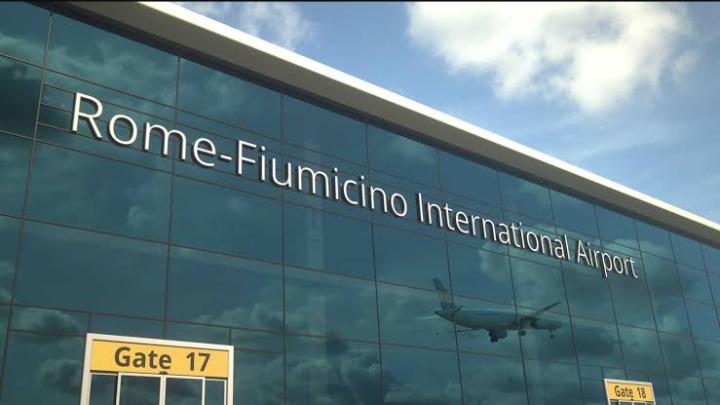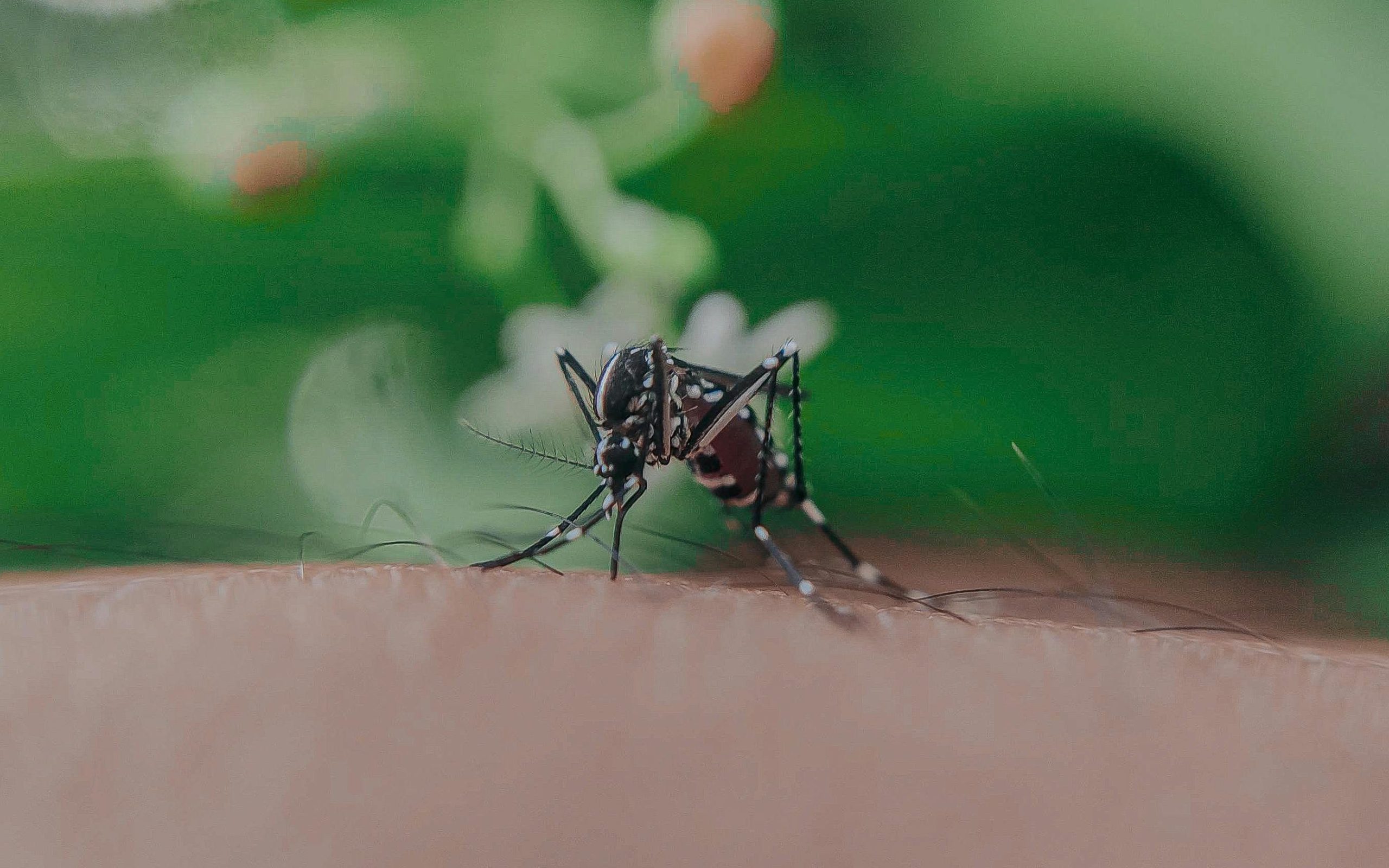
Fiumicino Airport in Rome, which is the main international entrance, is strengthening its protections against the increasing cases of dengue fever worldwide. This decision comes from Italy’s health ministry and specifically targets planes and products arriving from countries with high dengue risk. From February 15, 2024, extra precautions are in place to stop the spread of this harmful disease transmitted by mosquitoes.
Enhanced monitoring and disinfection measures
The heightened alert level at Fiumicino Airport requires thorough checks on incoming planes from countries with a high incidence of dengue fever. The airport officials are taking comprehensive measures to ensure that all aircraft undergo strict disinfection procedures before passengers disembark and cargo is unloaded.
Read also: Maternity Leave and Job Security: What to Know in Germany
This proactive stance is a direct reaction to the concerning increase in global dengue cases, especially in countries like Brazil and Argentina. By concentrating on possible transmission sources, the Italian health ministry and Fiumicino Airport aim to reduce the risk of an outbreak within their territory.
Surveillance and sanitation procedures
Besides disinfecting aircraft, the Italian health ministry is exploring the possibility of introducing specific surveillance, sanitation, and disinfection protocols for goods arriving from countries at a high risk of dengue fever. This comprehensive strategy intends to cover all possible routes of transmission and safeguard the health of both passengers and airport personnel.
Given the ongoing prevalence of dengue fever in South American countries and beyond, it is crucial for the global community to stay alert and committed to containing the spread of the disease. The recent initiatives at Fiumicino Airport underline the continuous effort in the fight against this persistent and potentially dangerous threat.
Read also: From Integration to Naturalization: costs and requirements for German Citizenship

More about Dengue Fever
Dengue fever, primarily transmitted by the Aedes aegypti mosquito, is a viral illness known for causing severe flu-like symptoms. While many cases exhibit no symptoms or mild fever, some can lead to serious complications such as shock, severe bleeding, or organ damage.
Given the absence of a specific treatment for dengue fever, preventive measures, like those implemented at Fiumicino Airport, become increasingly critical. As the global community grapples with this public health concern, heightened awareness and proactive steps are essential to protect our overall well-being.
Read also: Higher support for low-income families: Kinderzuschlag increased in Germany
In our interconnected world, a threat in one part of the globe can swiftly affect us all. Through decisive action and sustained vigilance, we can minimize the impact of diseases like dengue fever, ensuring a safer and healthier future for everyone.
